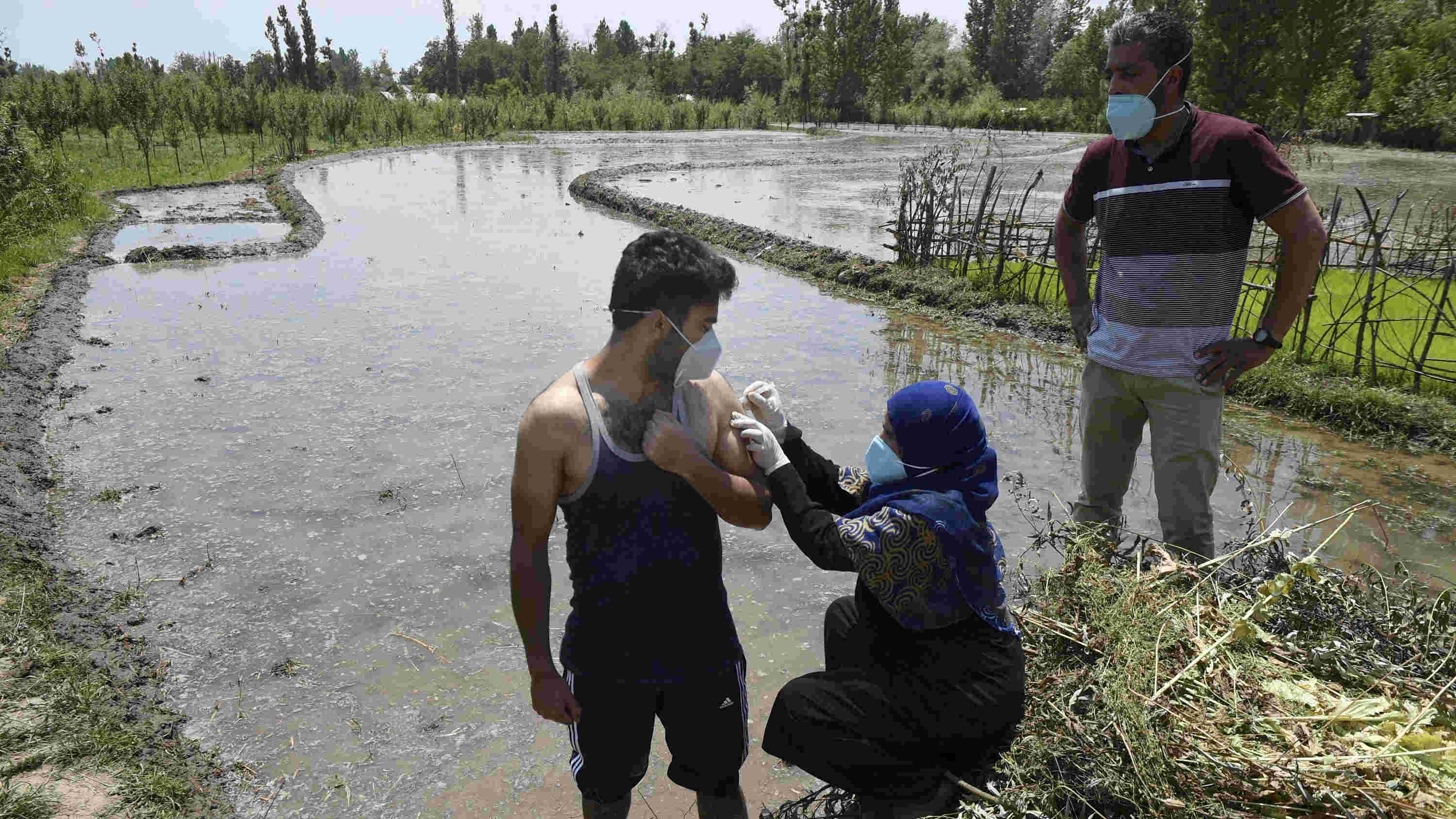India’s vaccine policy, metaphorically speaking, has become a mirror that reflects several embedded iniquities. And none but the Narendra Modi government can claim credit for designing a flawed vaccine policy. The Supreme Court’s recent admonition of the Centre — it described the vaccine policy as “arbitrary” and “irrational” — needs to be examined in the context of the Centre’s lapses and — is this not shocking? — its stubborn refusal to order a course-correction on the matter. India’s highest court has red flagged some of the principal limitations of the vaccine regime, blowing to smithereens the Centre’s contentions in the process. For instance, the court has pointed out that citizens’ fundamental rights have been compromised on account of the Centre’s decision to allow the manufacturers of the vaccine to charge a higher rate from the states. That recipients in the age group of 18-44 are having to pay to purchase the doses, the court observed tersely, is equally discriminatory since a certain sum of money had been left aside in this year’s budgetary allocations for the purpose. The Centre’s contention that getting the states and private hospitals to purchase the vials would enhance competition and ultimately push down prices was also brought into question. The apex court also rejected the reasoning of the two vaccine manufacturers having the right to charge higher prices because they had borne the risk of manufacturing. The vaccine policy is also bedevilled by other issues. The rural-urban division is likely to worsen access to the vaccines. Already, there is data to suggest that nine private hospitals in metropolises have cornered 50 per cent of the stock meant for the entire private sector for May. Gender disparities have not been accounted for; high-risk groups in several states, especially those in the districts, are yet to be adequately immunized.
The sorry picture that emerges on joining these dots is that the government seems to have encouraged an instrumental — mercenary? — attitude to dominate the distribution of a public good — medicines — at the time of a pandemic. What has compounded the problem further is its ad-hocism to confront a crisis of unprecedented magnitude. The absence of preparation and foresight on the part of the government has led to the loss of innumerable lives and devastated the economy. The political costs of such bungling, if India were to be lashed by a third wave, are likely to be considerable for the Bharatiya Janata Party.











